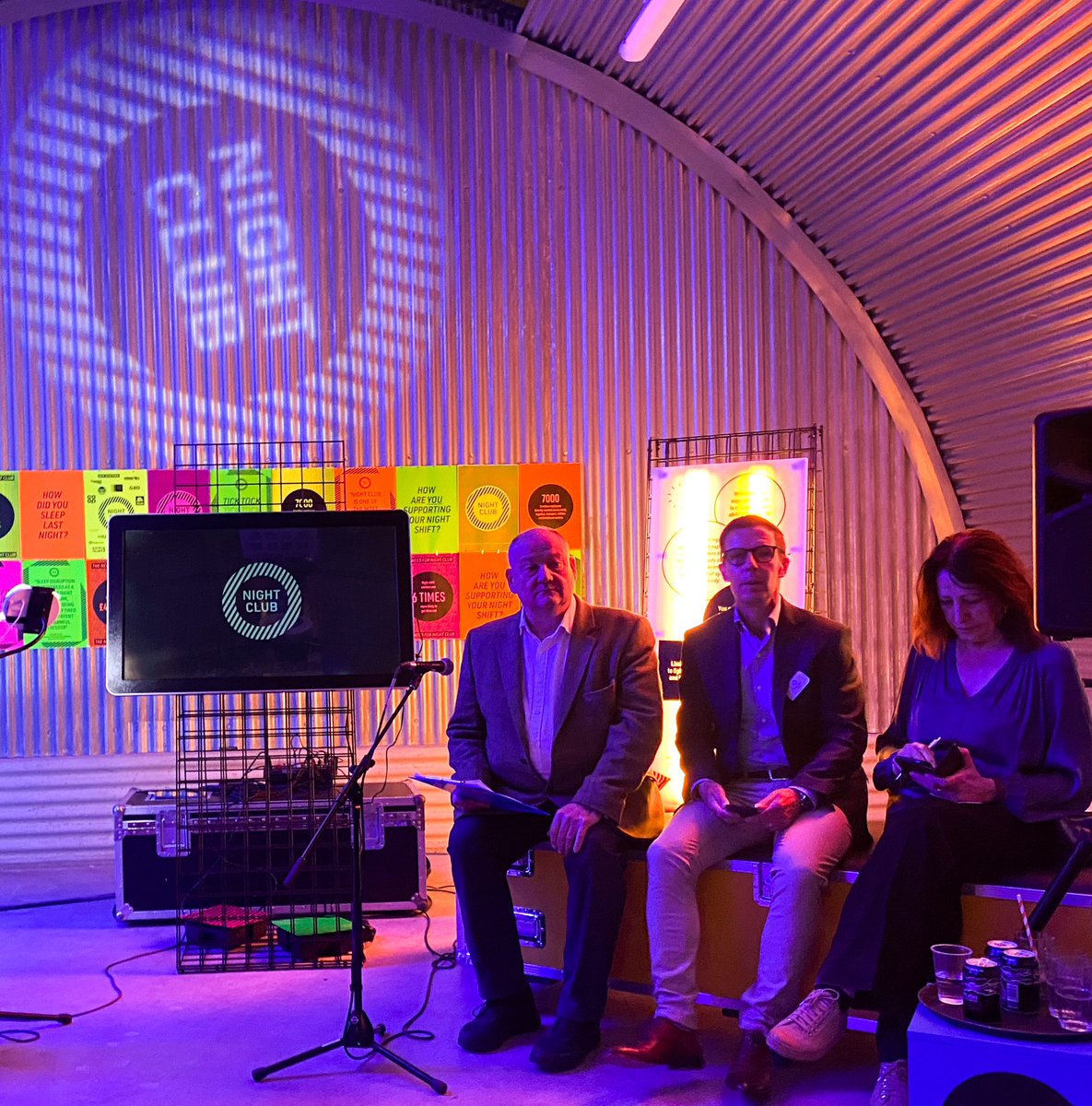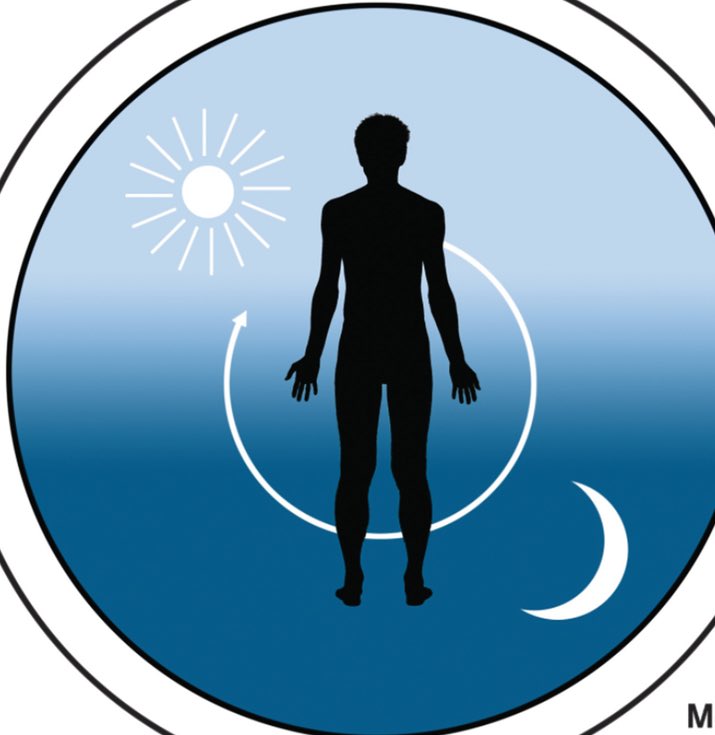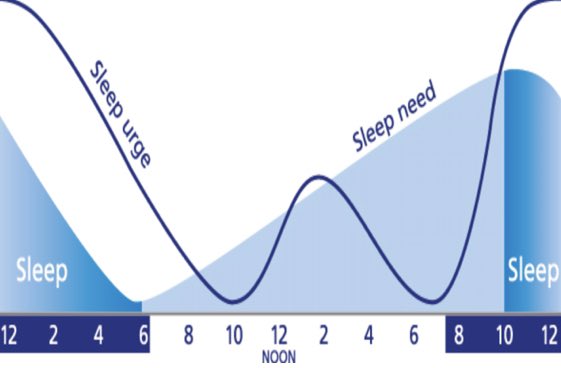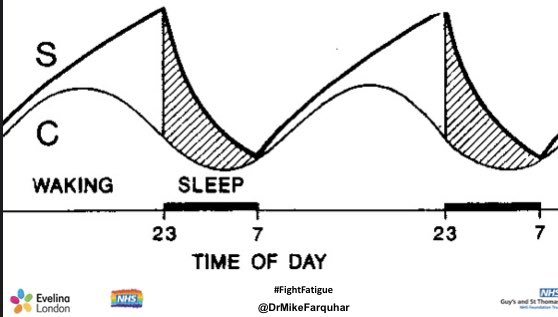
I’ve been an advisor to @TheLiminalSpace Night Club project for a while, but this is the first time I’ve had the chance to meet the team in person … great to see the project in reality!
#TheForgottenShift
#TheForgottenShift

Night Club is a fantastic project working across industry (plus some NHS trusts, including @GSTTnhs) to emphasise the impact on sleep, sleep deprivation and fatigue of those who work shifts, especially nightshifts …
#TheForgottenShift
#TheForgottenShift

Their content won’t be a surprise to you if you follow me, but what @TheLiminalSpace have achieved is how to get information/strategies across, along with top-level commitment to change, that shows what can be done when projects like this are resourced
twitter.com/i/events/13097…
twitter.com/i/events/13097…
This is a great way to get across the reason behind one of the key risks for shift workers … the increased chance of a serious road traffic accident driving home after a night shift
#FightFatigue #TheForgottenShift
#FightFatigue #TheForgottenShift

Replies like this are common whether I’m asking them of parents/patients in clinic; or shiftworkers! 



Particularly loving the awesome dangling giant inflatable moon, acting as a slight hazard to shipping though! 😂 

Main event tonight is Prof Russell Foster talking about the principles of why sleep - and circadian physiology - is so fundamental when thinking about shiftworkers #TheForgottenShift
@OxSCNi
@OxSCNi

Sarah Douglas, founder of @TheLiminalSpace, talking about essential role nightshift workers play in our 24/7 society, and just how much work goes on at night that we don’t necessarily think of
Much of our economy and society depend on #TheForgottenShift
twitter.com/i/events/86256…
Much of our economy and society depend on #TheForgottenShift
twitter.com/i/events/86256…
Those of you familiar with working nightshifts will also be familiar with how it makes you feel … but how much of the circadian concepts and physiology that underpin that was ever discussed with you before you started working nights?
#TheForgottenShift
twitter.com/i/events/13199…
#TheForgottenShift
twitter.com/i/events/13199…
Prof Foster emphasising that we need to act now; better for employees health and productivity
He also predicts that given ⬆️ awareness of the costs of ignoring circadian consequences of nightshift work, there will be a LOT more future litigation against employers who DON’T act
He also predicts that given ⬆️ awareness of the costs of ignoring circadian consequences of nightshift work, there will be a LOT more future litigation against employers who DON’T act

There is already case law in England where employers/managers have been held legally accountable for incidents related to fatigue in their employees where they as an employer have not had mitigation strategies in place
#TheForgottenShift
#TheForgottenShift
https://twitter.com/drmikefarquhar/status/960861805319946240
Andy Parry from @coopuk talking about implementing the Night Club project for their night shift workers - the people who keep your supermarket shelves stocked for you in the day - with the additional challenge of doing it just as COVID hit … and how positive an experience it was 

Liz Barclay, Small Business Advisor to Government
“If you think you can’t afford to get this right, I’m telling you you can’t afford to get it wrong”
This is the message NHS, currently so often driven from top down by a “do more with less” attitude, needs to put into practice
“If you think you can’t afford to get this right, I’m telling you you can’t afford to get it wrong”
This is the message NHS, currently so often driven from top down by a “do more with less” attitude, needs to put into practice

If you want to learn more about the Night Club project, the team have a pop-up near London Bridge until 25th September as part of @L_D_F - details below
Project webpage is here: night-club.org/free-sleep-sup…
@TheLiminalSpace #TheForgottenShift
Project webpage is here: night-club.org/free-sleep-sup…
@TheLiminalSpace #TheForgottenShift

• • •
Missing some Tweet in this thread? You can try to
force a refresh















